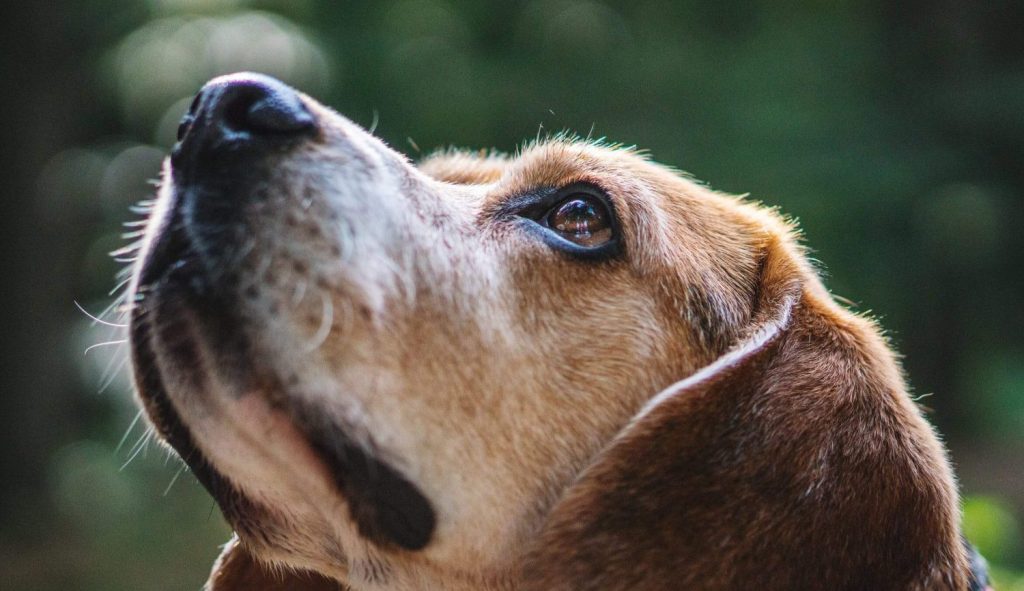Rancher Joe Braman has partnered with the South African conservation alliance to end rhino poaching and protect animals on the brink of extinction, the Victoria Advocate reported.
Braman believes the solution lies in man’s best friend. With the help of retired K-9 handler and trainer Esequiel Ortiz, Braman has trained 50 dogs to hunt and “arrest” criminal poachers.
Braman first coined the idea after an up-close encounter with a rhinoceros. The animal stood before Braman, without its iconic horns and was “barely breathing,” the Victoria Advocate said, noting that the animal was “on the brink of becoming a part of history.”
“Since then, there’s not a day that I don’t wake up thinking about those rhinos,” Braman told the publication.
Founder of the Ivan Carter Wildlife Conservation Alliance, Ivan Carter, believes rhino poaching is “one of the most terrible epidemics on the planet.”

“With rhino horn becoming the most valuable commodity on Earth and rhinos having been poached to the brink of extinction, this is a topic of much conversation,” Carter told the Victoria Advocate in an email.
Rhinos are commonly poached for their horns. Some believe the body part contains healing properties, however, rhino horns are composed predominantly of keratin, the same protein found in human fingernails. Nonetheless, a report by National Geographic revealed horns of white rhinos are sold for up to $3,000 per pound.
Carter also believes the approach of using trained dogs will be the solution to end poaching. He explained, “The ability for free running dogs to track a poacher that many hours old is a capacity we have never done before — this truly is the answer and the fact that these dogs have been trained not only to track man but to actually arrest a person makes them a unique tool that I think has the chance of changing the entire poaching landscape.”
The rhino population, alongside multiple other species, has suffered in recent years. In Africa, populations of rhinos have declined from half a million to a mere 5,000. According to Braman, who travelled to South Africa to witness the situation for himself, 15 rhinos were poached in the month he was visiting.

“I had no idea how severe the problem was until I saw it. It’s something that I, like most people, had heard of. But to see it up close — I wouldn’t have believed it if I hadn’t seen it,” he said.
To combat the issue, Braman spent months selecting the “ideal canine candidates” for the job. Out of 150 coonhounds, 50 were chosen and have been in training for roughly a year. “Animals are easier because they have habits and patterns. But people are unpredictable. You don’t know what a person will do,” Braman said.
Braman’s drive is boosted by Ortiz’s experience in training K-9 units to track criminals for the state of Texas. The pair have prepared the hounds for “thousands of tracking possibilities.” The dogs are skilled enough to track a human’s scent for miles, even one that was left several hours earlier.
“These hounds mean business. They will find you. Guaranteed,” Braman said.
The dogs will track in groups of 10 and have GPS tracking devices on them so that when a person is captured, law enforcement can locate the pack and collect the suspect.
“The way it’s going now, in a couple of generations, people will not be able to see a real rhino. If there’s something I can, or anyone else, can do, we should do it,” Braman stated.
The dogs are scheduled to fly to South America this year to begin their work and hopefully, Braman added, reduce poaching and save the lives of wild animals.


